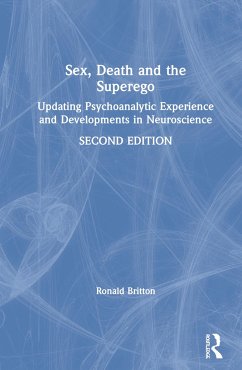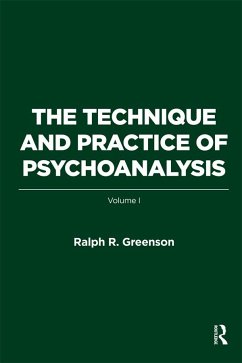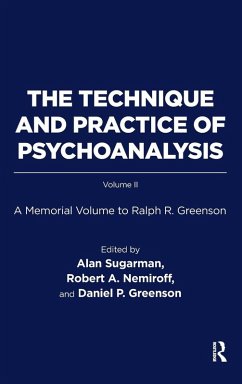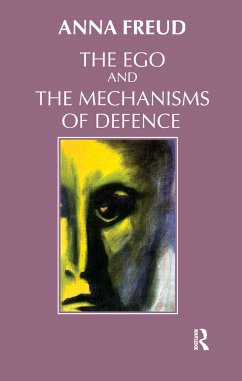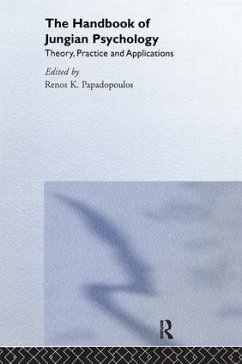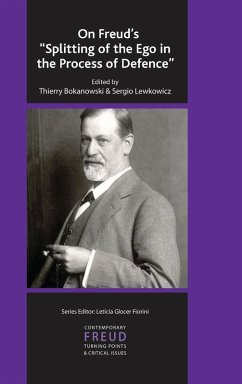
The Petrified Ego
A New Theory of Conscience
Versandkostenfrei!
Versandfertig in 1-2 Wochen
29,99 €
inkl. MwSt.
Weitere Ausgaben:

PAYBACK Punkte
15 °P sammeln!
In this book the author makes the case for two generically distinct types of Superego, with the contention that there is a gap in the Freudian theory of the Oedipal Superego which has been recognised since its inception, but never formulated in a full revision of the theory. There are thus, Reddish argues, two distinct kinds of morality implicit in Freudian theory. Further, she maintains that there are two distinct kinds of relationship to reality which correlate with these two kinds of morality. Freud believed that morality originates in the imperative for physical survival: 'the initial helplessness of human beings is the primary source of all moral motives'. However, he did not incorporate this idea into his formulation of the Superego as heir to the Oedipus Complex. Reddish argues that the most primitive kind of morality is that dominated by an archaic Superego, with which the embryonic Ego is fully identified. The relationship to reality at this stage of psychological development is one in which morality and reality are psychically equivalent. By articulating the link between conscience arising out of the imperative for survival and conscience arising out of Oedipal anxiety, the author suggests that the evolution of individual conscience triggers an entirely new type of reality-testing, and thus an entirely new relationship to reality.
Due to the inherent contradiction in Freud's concept of the Superego, there is a gap in our psychoanalytic understanding of how conscience evolves. This distinction is essential for the successful treatment of patients dominated by a harsh Superego and provides valuable insight into how contemporary society evaluates moral decisions. The Petrified Ego argues for a revision of psychoanalytic theory to include instinct as the primary form of morality. It makes the case that our earliest, infantile notion of 'good' and 'bad' is rather founded on experiences which have been 'safe or 'threatening'. More often than not, this is the basis of our moral judgement of others. It is only through direct challenge to these visceral values that beliefs independent of the survival instinct can be forged. Why does this matter? Lack of distinction between the two means that consideration of the 'right or wrong' or the 'good or bad' of others' behaviour is no more than the rationalising of an instinctual response.






